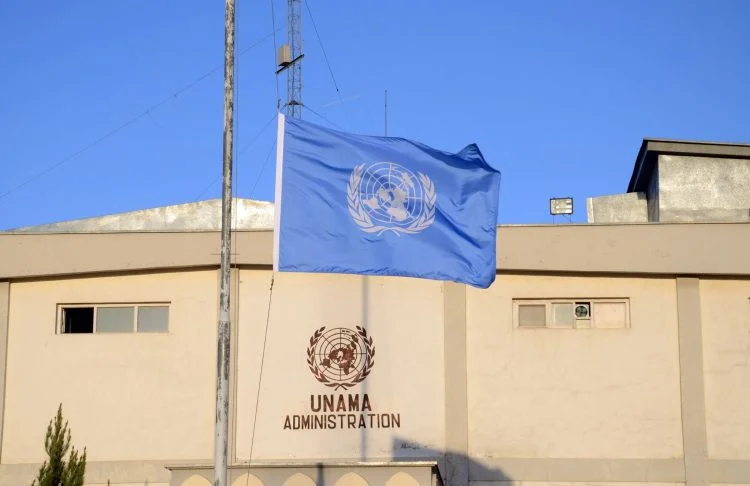India will face Pakistan in Dubai on 23 February as the International Cricket Council (ICC) released the Champions Trophy fixtures on Tuesday.
Host country Pakistan and neutral venue Dubai will hold the eight-team tournament from 19 February to 9 March.
The ICC Champions Trophy fixtures draw defending champions Pakistan and India alongside New Zealand and Bangladesh in Group A, while England will face Australia, South Africa, and Afghanistan in Group B.
The tournament opener will see Pakistan face New Zealand in Karachi on 19 February while India take on Bangladesh in Dubai the following day.
The Pakistan Cricket Board picked Dubai as a neutral venue after India refused to travel to Pakistan because of the ongoing political tensions between the countries.
As a result, India’s three group fixtures and the first semi-final on 4 March will be played in the United Arab Emirates.
The final, scheduled to be held in Lahore on 9 March, will also move to Dubai if India qualify for the title decider.
Meanwhile, England will begin their Champions Trophy campaign against Australia in Lahore on 22 February before facing Afghanistan on 26 February and South Africa on 1 March.
The 50-over Champions Trophy will be the first time Pakistan has hosted a global event since 1996.
Pakistan will also host the women’s T20 World Cup in 2028, when neutral venue arrangements will apply.
Pakistan will also play at a neutral venue in any event hosted by India until 2027, as per the agreement between the Board of Control for Cricket, PCB and ICC.
India and Pakistan have not met outside of men’s major tournaments since 2013 and India have not played in Pakistan since 2008.
Also See: India-Pakistan Matches at ICC Events to Be Played at Neutral Venue
Teams
Group A: Pakistan, India, New Zealand, Bangladesh
Group B: South Africa, Australia, Afghanistan, England
Fixtures
February
19 Pakistan v New Zealand, Karachi
20 Bangladesh v India, Dubai
21 Afghanistan v South Africa, Karachi
22 Australia v England, Lahore, Pakistan
23 Pakistan v India, Dubai
24 Bangladesh v New Zealand, Rawalpindi
25 Australia v South Africa, Rawalpindi
26 Afghanistan v England, Lahore
27 Pakistan v Bangladesh, Rawalpindi
28 Afghanistan v Australia, Lahore
March
1 South Africa v England, Karachi
2 New Zealand v India, Dubai
4 Semi-final 1, Dubai
5 Semi-final 2, Lahore
9 Final, Lahore (unless India qualify, then it will be played in Dubai)
Both semi-finals and final have reserve days
This news is sourced from BBC and is intended for informational purposes only.

![ICC Champions Trophy 2025: India vs Pakistan to clash in Dubai, with tournament fixtures, venues, and group details revealed [Image via BBC/Getty Images]](https://southasiatimes.org/wp-content/uploads/2024/12/fc4f0b20-c1fd-11ef-bf74-197c255fcbb1.jpg.webp)




